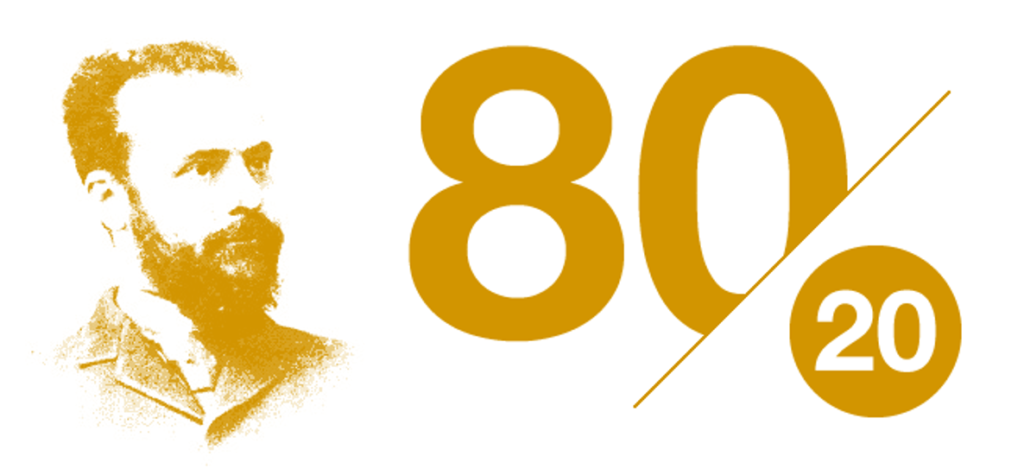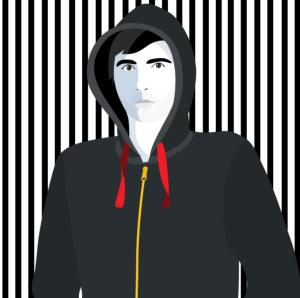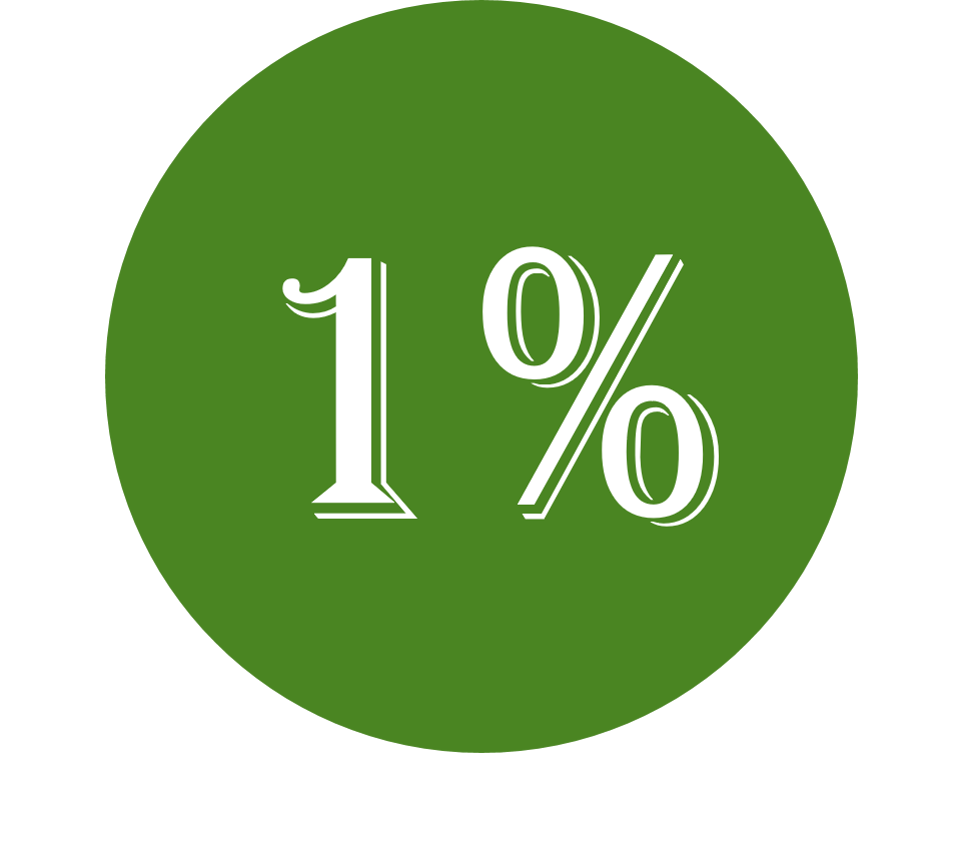
Vilfredo Pareto must have been one smart dude. More than a century ago, he came up with one of the smartest theories about wealth distribution: the 80:20 Rule.
It is also known as Pareto’s Principle (a name he’d probably have preferred). Before there was Google, Alexa, IBM’s Watson, supercomputers, and algorithms, Pareto observed that approximately 80% of the land in his native Italy was owned by just 20% of its people.
That theorem has held up well today. I quote Pareto all the time. Whether we’re talking about salespeople, ratings, or most groups, it’s very often the 20% that is making the lion’s share of the money.
But when it comes to podcasting, Pareto’s Principle is flat-out wrong.
If 20% of the podcasters made 80% of the revenue, that would, in fact, be a pretty equitable situation. That’s because many experts believe the truth is much more lopsided.
An insightful new analysis in Limelink – “How Much Money do Podcassters Make” – by fellow podcaster Jack Rhysider (“Darknet Diaries”) takes deep dive into the economics of podcasting.
His educated guess? Fewer than 2,000 out of the 750,000 available podcasts are making decent money. That boils down to 1 in 350 shows. As Rhysider reports, the average podcast garners about 129 downloads per episode, not even close to the level necessary to make serious money.
For every Joe Rogan, Marc Maron, and Adam Carolla there are thousands of podcasters like Meghan, recording a podcast about scrapbooking in their

fourth bedroom, or Jonas, producing a podcast about Marvel Comics after he gets off work.
Rhsydier reaches the sad but true conclusion:
“99% of all podcasts make $0”
But isn’t that true of most artistic endeavors? Only a small percentage of college students in athletics make it to the pros, just a handful sign record deals and play in front of thousands, and only a mere fraction of movie scripts turn into film, and most of them don’t turn a profit.
As Rhysider notes about podcasts, “I just can’t emphasize enough how rare that is to make a show so good that it attracts a large enough crowd of passionate listeners to make something that significant.”
Yet, legions of fledgling podcasters are trying to strike it rich with on-demand audio, seeing the wave and trying to ride it. Rhysider lists several case studies – podcasters who are “making it” or at least leveraging their podcasts to help them launch other businesses.
As we discussed in last week’s blog, Bob Pittman’s bodacious statement – “Podcasting is radio’s birthright” – may have been an exaggeration, but it doesn’t change the reality that a handful of mega podcasting networks are reaping in the cash.
 That thought is echoed by Nicholas Quah in a new Vulture story, “We’re Entering the Era of Big Podcasting.” Quah – a very smart observer of the landscape – says we’re entering the third era of podcasting, following the “Pioneers,” the “Boom Years” after “Serial” took off, and now it’s a phase where the biggest, most financially bombastic players are taking over.
That thought is echoed by Nicholas Quah in a new Vulture story, “We’re Entering the Era of Big Podcasting.” Quah – a very smart observer of the landscape – says we’re entering the third era of podcasting, following the “Pioneers,” the “Boom Years” after “Serial” took off, and now it’s a phase where the biggest, most financially bombastic players are taking over.
And that means a run on celebrities and successful podcasters, in a rush to sign up the biggest and best, in much the same way the sports world pursues free agents and Hollywood signs the top stars.
Quah points to Spotify’s purchase of Gimlet and Anchor. And as us radio pros know, iHeart, Entercom, Cumulus, Hubbard, and other radio companies have written big checks as well, ensuring they’ll get their foot in the podcasting door.
 And we still haven’t heard from Apple. They’ve dominated distribution, but haven’t done much in the way of creating their own content. Will that change? Quah believes “the future of podcasting lies, ironically, with Apple, where it once began.”
And we still haven’t heard from Apple. They’ve dominated distribution, but haven’t done much in the way of creating their own content. Will that change? Quah believes “the future of podcasting lies, ironically, with Apple, where it once began.”
Quah questions whether there will even be a “middle class” of podcasters (note that he’s not even bringing up hobbyists). And that’s a reality that players like Podcast Movement will have to confront in the next phase of industry meeetups and gatherings. Will there be different tiers and tracks for podcasters, depending on size, backing, and success?
Rhysider is a staunch believer that starting a podcast to make money is likely to be a fool’s game. And that leads to a key question:
If you’re a podcaster (or want to be) what are your KPIs – your key performance indicators? And we’re not just talking metrics like downloads or buckets full of cash.
What do you wish to get out of your podcast – networking with others in your space, speaking gigs, a springboard to writing a book, or simply embracing a hobby, topic, or purpose that is meaningful to you.
As Rhysider concludes, “Getting into podcasts just because you want to make money is the wrong approach to this.”
That’s the case whether you’re Meghan or Jonas – or a radio broadcasting company trying to figure out your next move.
And if the people around you are getting ahead of their skis, promising a podcasting panacea of fame and riches, remind them Mr. Pareto and his principle.
Today for podcasting, that’s the best case scenario.
- What To Do If Your Radio Station Goes Through A Midlife Crisis - April 25, 2025
- A 2020 Lesson?It Could All Be Gone In A Flash - April 24, 2025
- How AI Can Give Radio Personalities More…PERSONALITY - April 23, 2025




The Emperor has no clothes. Invest in Radio.
Actually, the Emperor has clothes. Nobody else does! 🙂
I started doing my podcast 26 weeks ago on radio Valencia and it cost me money. I enjoy doing it so that’s enough payback. I have no idea how to navigate the commercial world of podcasting.
You’re not alone. The good news is that you’re podcasting for the fun of it. Now, we need to talk to the other 700,000 podcasters.
Is live radio dead? hi Fred, can live radio and podcasting co-exist? I manage an online radio network that re purposes the live shows into on demand content. I have some show hosts that excel in a live radio format ( myself included I do my show live, I take caller interaction) and I have other shows that are pre- produced content. All of the shows are available for podcast downloads. Podcasters say I’m wasting my time doing live shows but I still want to believe that people want to engage with show hosts and get their questions answered. All on my shows are in the mind/body/spirit realm. My site is unityonlineradio.org and we are a non profit organization. Am I crazy for trying to do both? thanks Fred!
I don’t think you’re crazy at all. Podcasting (or let’s just call it audio on-demand) is a hot commodity right now. But I continue to hear people talk about how much they show live, real-time radio. They like that the music is curated by someone else, creating a sense of surprise. Or they like people talking about what’s going on in town this weekend. My advice is to stay with it, maintain an edge in both worlds, and see how this all plays out. Thanks, Diane.